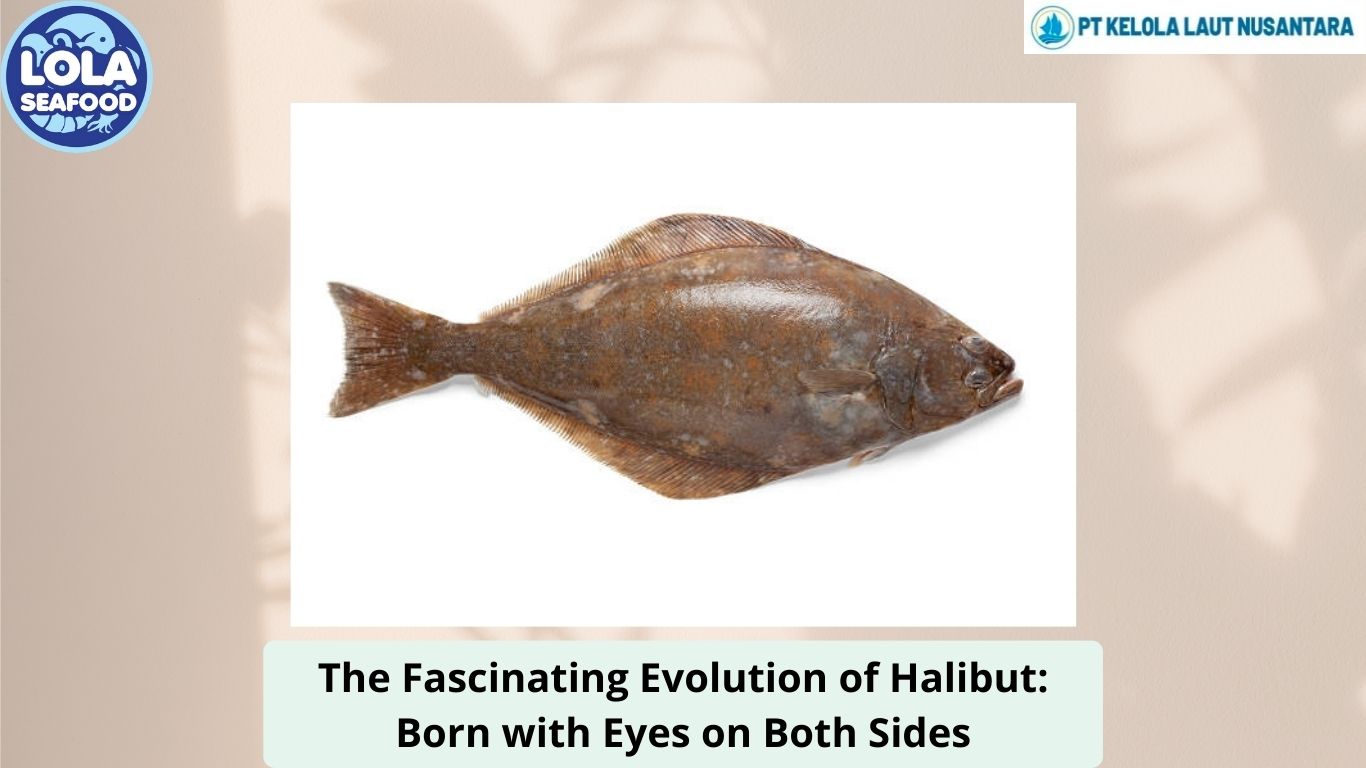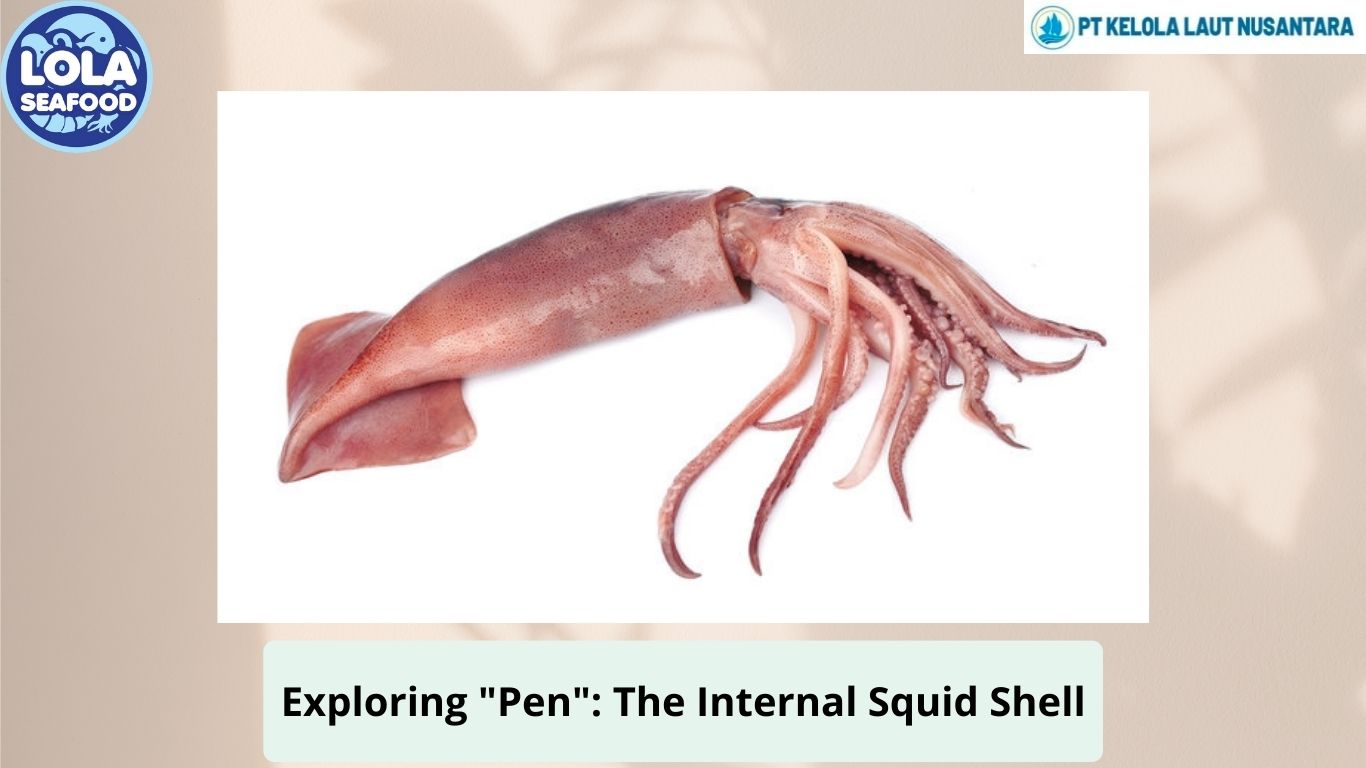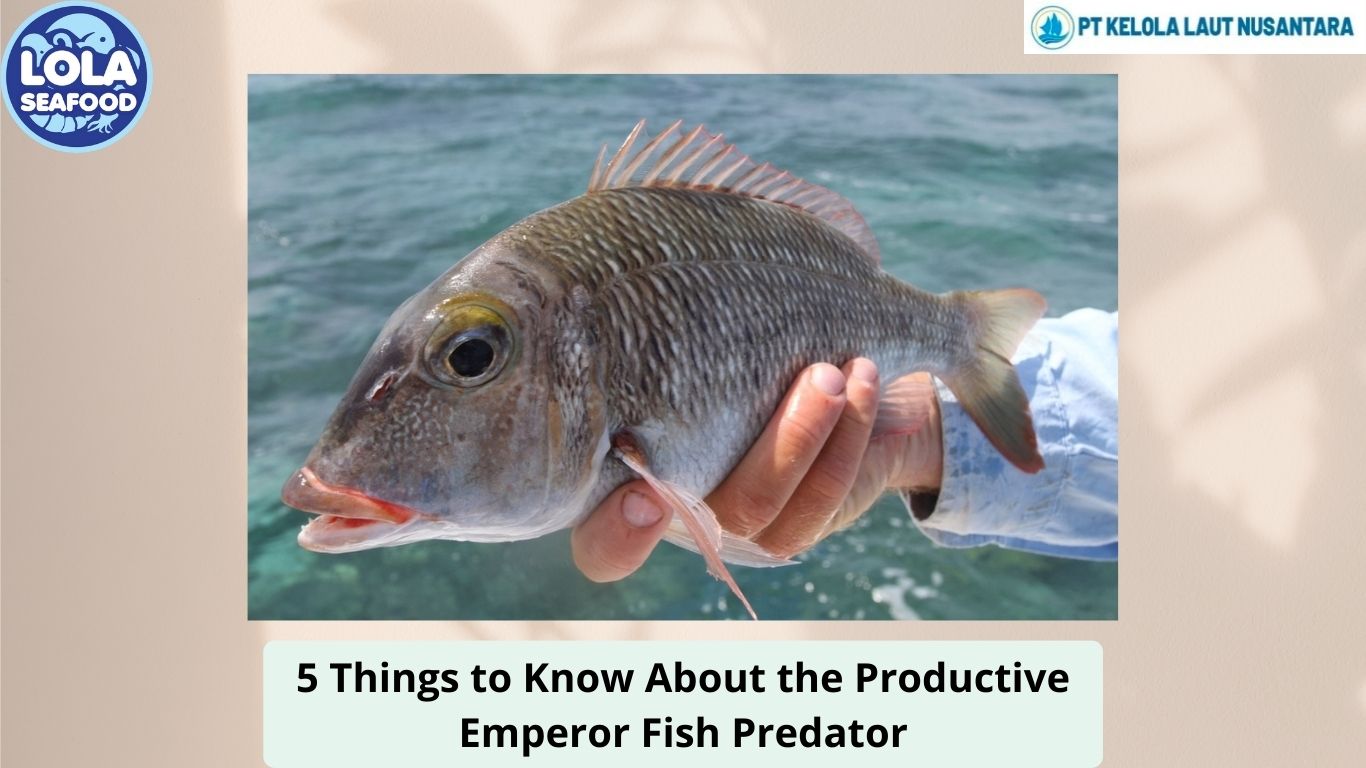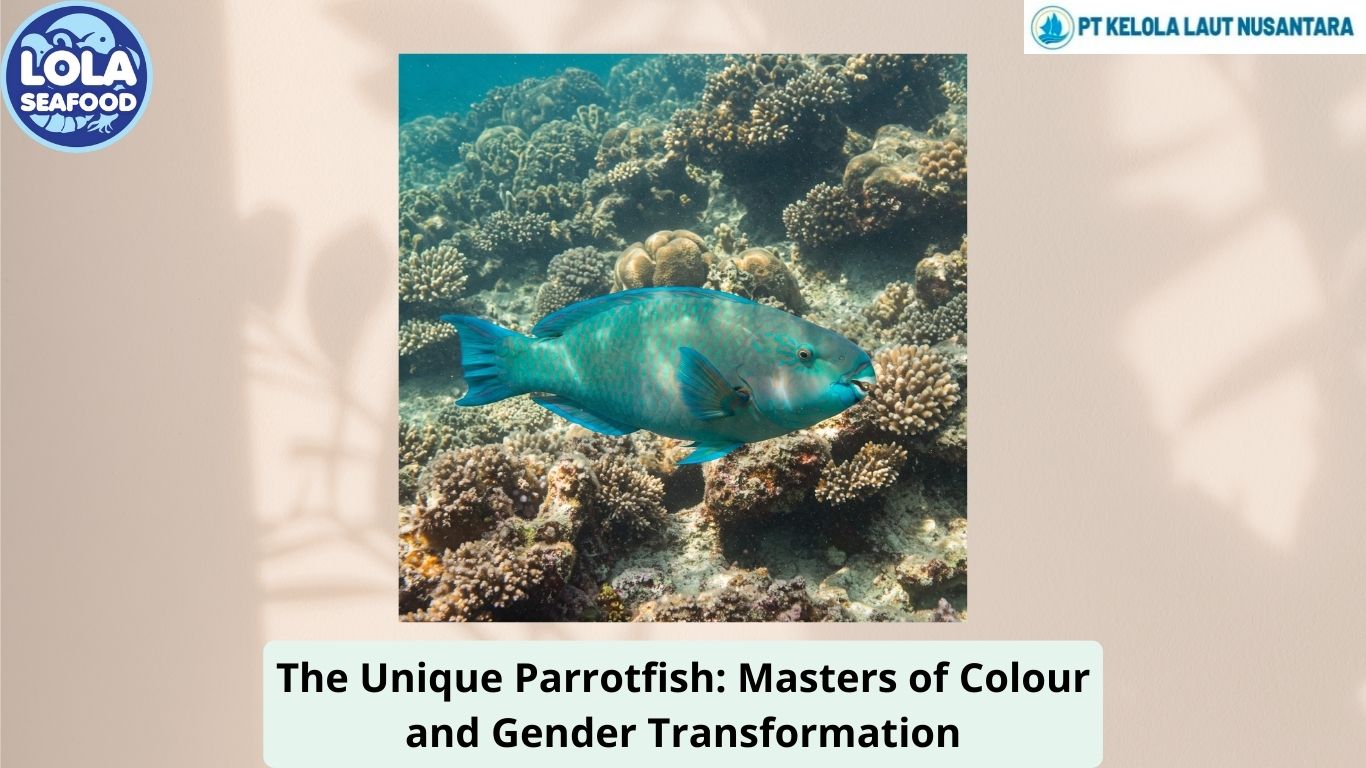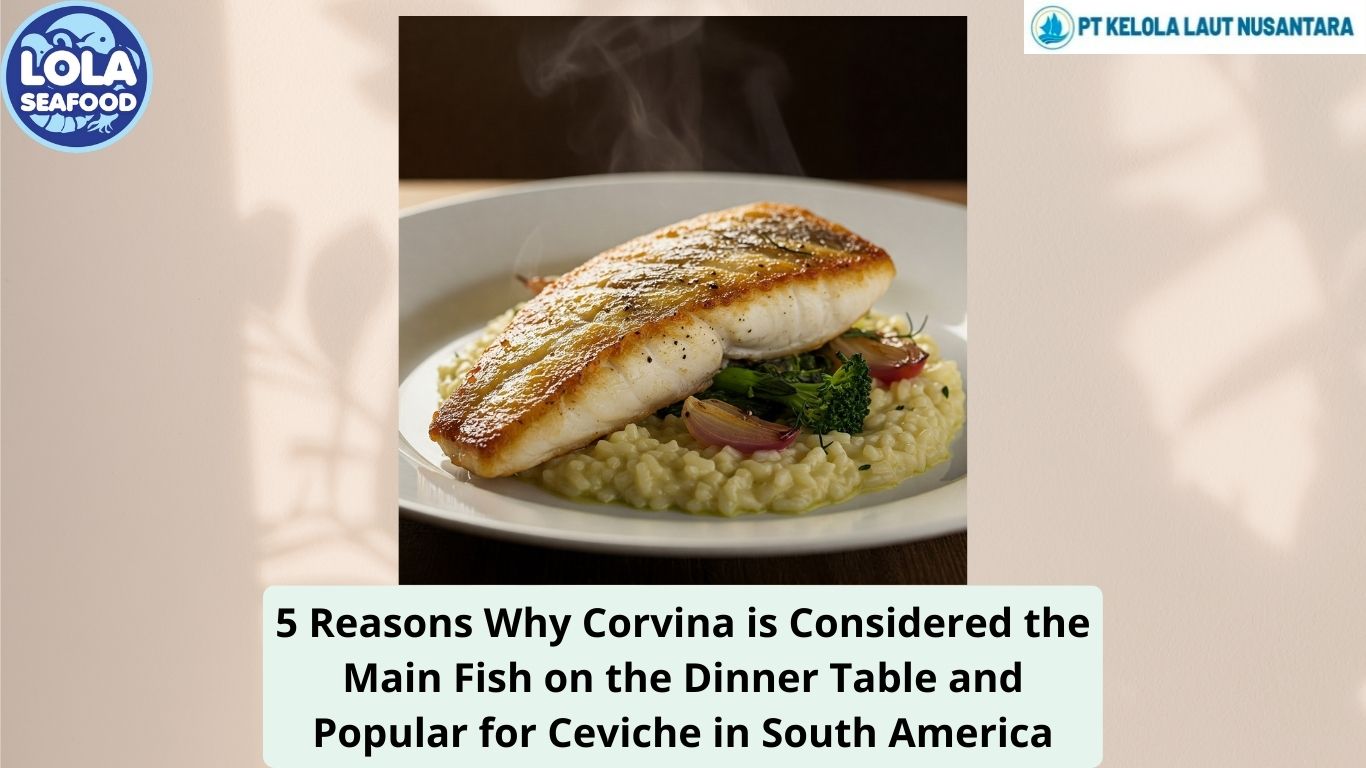How to Make Tenderizing Octopus
By. Najih - 06 Jun 2024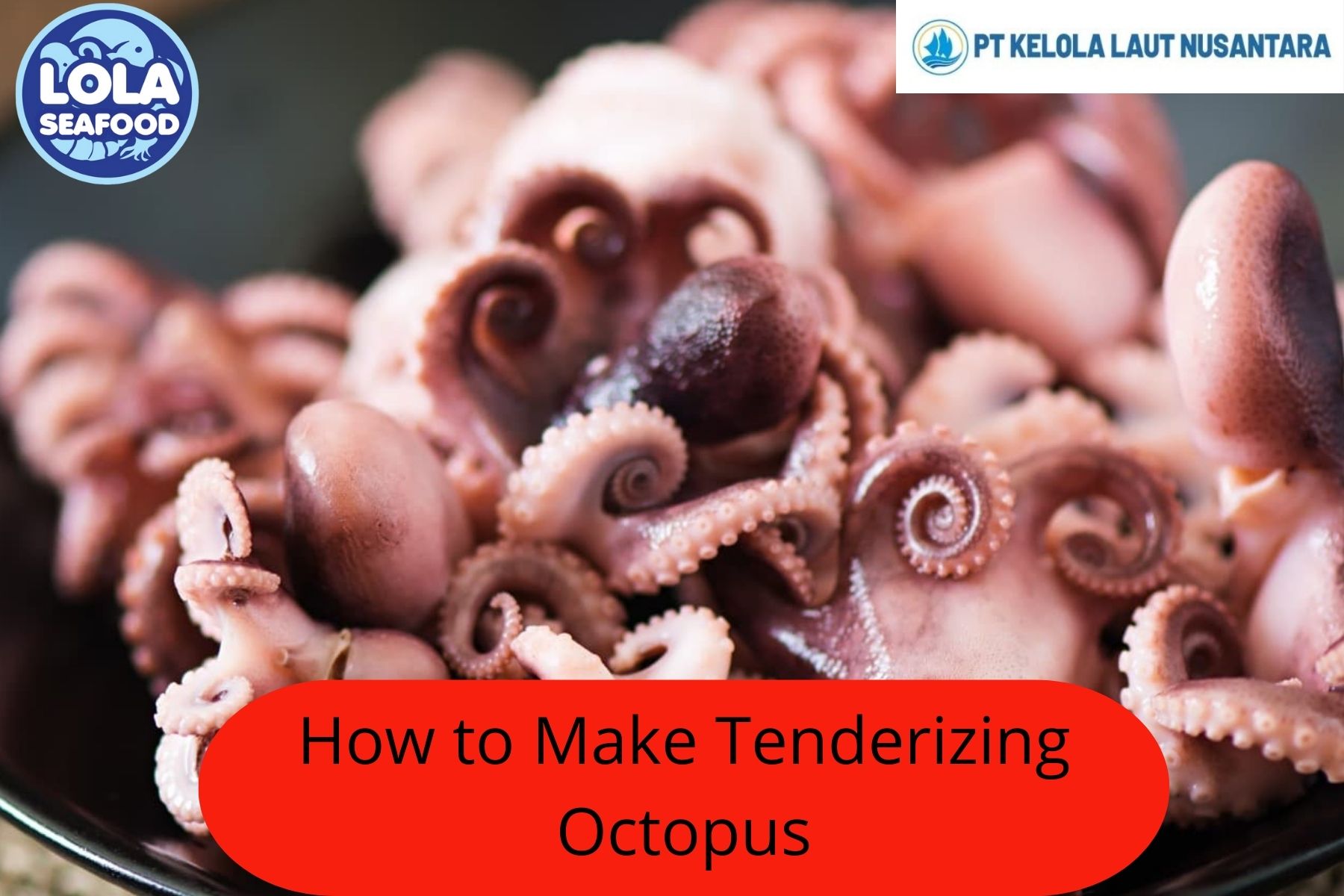
kelolalaut.com Octopus has a unique texture that can be described as both chewy and tender. The meat is firm and dense, but also has a slight rubbery quality to it. The texture can vary depending on how the octopus is prepared. Octopus has a mild, slightly sweet flavour that is often described as meaty. The flavour profile can be influenced by the cooking method and any accompanying seasonings or sauces.
Octopus meat is naturally tough, so you need to use tenderizing techniques to make it more palatable. A common method is to freeze the octopus for several days before cooking. This process breaks down the muscle fibers and makes the meat more tender. Another technique is to simmer the octopus in water with a cork or a few slices of lemon. The acidity helps to tenderize the meat.
Related article Crafting Octopus Taco Fiesta in Your Own Kitchen
1. After thawing in the fridge for a day or so, bring a large pot of water to a rolling boil. Do not salt. Once the water is boiling hard, place the octopus in the pot, cover, and return to a boil. The cooking time will vary depending on the size: For small ones that can fit in your hand, cook for a minute or two. For medium (about a foot long and weighing less than a half-pound) boil for 4 to 5 minutes. For large octopus (around 5 pounds), boil for a good 8 to 10 minutes.
2. Add a tablespoon of vinegar into the simmering liquid as the acetic acid can help break down the connective tissue in the tentacles.
3. Marinate the octopus overnight in whole milk to help tenderize the meat.
4. Or tenderize the octopus with a mallet, starting from the middle body extending down the tentacles. Transfer to a pan and lightly sprinkle the baking soda over both sides of the octopus, then let sit at room temperature for 1 hour.
5. Cook at high pressure in a pressure cooker for 15 to 20 minutes when pressed for time. Test for doneness with a knife as instructed in our method, and further cook with your preferred method.
If youre interested in our Baby Octopus Flower and Baby Octopus Whole Cleaned please do not hesitate to contact us through email and/or whatsapp.

